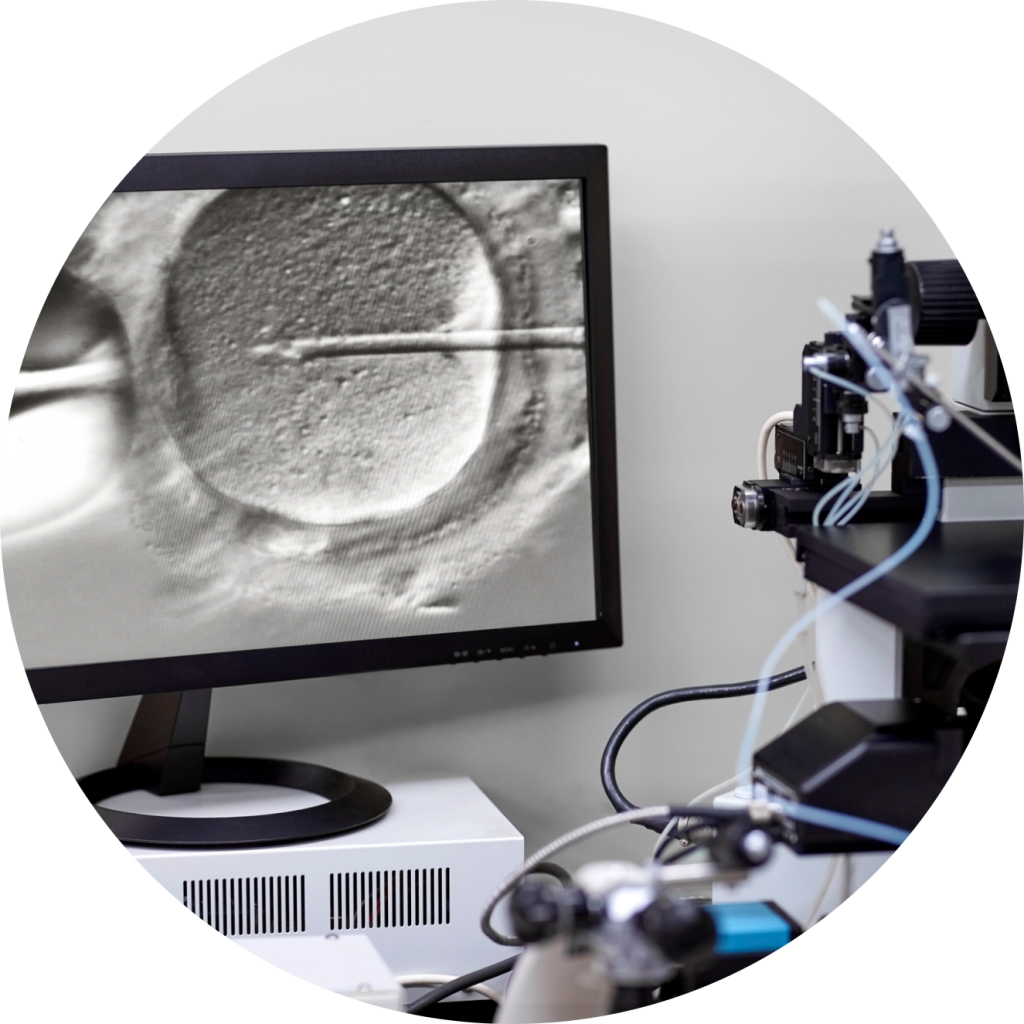
Egg freezing cannot ever be guaranteed to lead to a pregnancy and the birth of a healthy baby later in life. Women who freeze their eggs may not know the outcome for many years and may lose the opportunity to have a baby naturally.

The expected success of egg freezing can be understood through an initial assessment of your ovarian reserve using a blood test for Anti-Mullerian Hormone (AMH) and an ultrasound of your ovaries and uterus.
While the AMH test can provide insight into the quantity of eggs remaining, it does not give information about the quality of the eggs remaining.
Get in touch with our friendly team to arrange an appointment with one of our fertility specialists.
